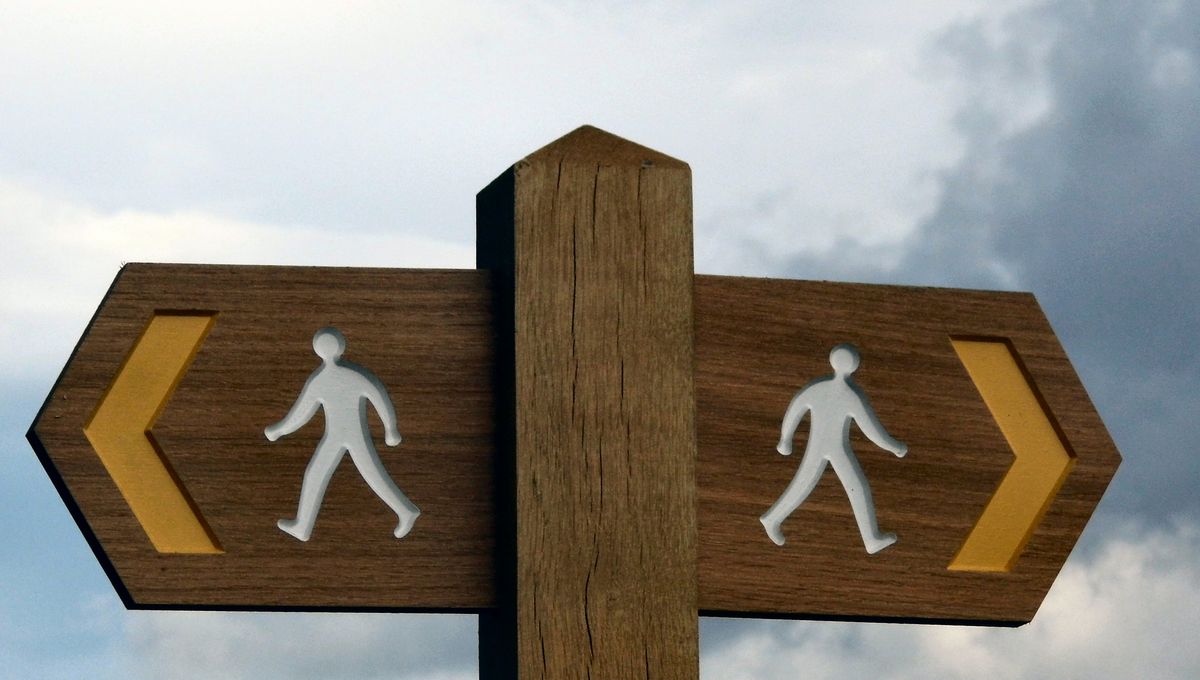
After decades of studying human and primate behavior, Stanford University neurobiologist Robert Sapolsky has come to something of a controversial conclusion – humans have no free will.
Although its existence has been debated by academics, the vast majority of people believe in free will, the idea that we have the capacity to make our own decisions and that they have not been pre-determined. This concept plays a big role in human life, underpinning our ideas about responsibility and morality, and forming part of many criminal justice systems.
In this sense, Sapolsky is bucking the trend; he’s a believer in determinism, where people cannot be held responsible for their actions because they have no choice in making them. “The world is really screwed up and made much, much more unfair by the fact that we reward people and punish people for things they have no control over,” said Sapolsky, speaking to the LA Times. “We’ve got no free will. Stop attributing stuff to us that isn’t there.”
This, for example, would suggest that we shouldn’t beat ourselves up over our personal circumstances or bad “decisions”, but also implies that criminals aren’t responsible for their crimes – which is likely to be a controversial take for some.
Sapolsky’s new book Determined: A Science of Life Without Free Will lays out the scientific reasoning behind such arguments. Discussing the book with the New York Times, Sapolsky explained that in order for free will to exist “it would have to function on a biological level completely independently of the history of that organism.”
“You would be able to identify the neurons that caused a particular behavior, and it wouldn’t matter what any other neuron in the brain was doing, what the environment was, what the person’s hormone levels were, what culture they were brought up in.”
This, he argues, is impossible, and so people should relinquish their belief in free will, despite the fact that doing so “completely strikes at our sense of identity and autonomy and where we get meaning from.”
Not everyone agrees with Sapolsky’s conclusions. In fact, some think that they could even be harmful. One well-known study found that people who don’t believe in free will are also more likely to cheat on tests. Another found that disbelief in free will not only reduced people’s helpfulness but also caused some people to act more aggressively.
Also speaking to the LA Times, philosopher Saul Smilansky said, “Losing all belief in free will and moral responsibility would likely be catastrophic,” and that encouraging the idea was “dangerous, even irresponsible.”
Neuroscientist Peter U. Tse also disagrees with Sapolsky, arguing that there’s too much variability involved in neural activity for it to be predetermined. Like Smilansky, Tse also agrees that telling people they don’t have free will could be harmful, stating that “Those who push the idea that we are nothing but deterministic biochemical puppets are responsible for enhancing psychological suffering and hopelessness in this world.”
Sapolsky acknowledged in the LA Times interview the possibility that it could be dangerous, but went on to say, “The vast majority of the time, I really think it’s a hell of a lot more humane.”
“I want to wean people off the knee-jerk reaction to the notion that without free will, we will run amok because we can’t be held responsible for things,” he explained to the New York Times. “That we have no societal mechanisms for having dangerous people not be dangerous, or for having gifted people do the things society needs to function. It’s not the case that in a deterministic world, nothing can change.”
Source Link: Humans Have No Free Will, According To One Scientist